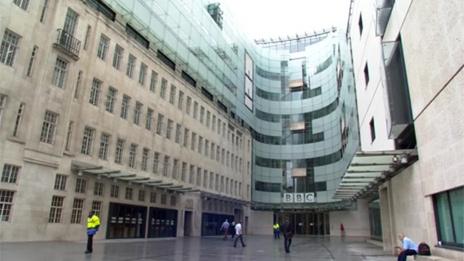BBC spends 29% less on top star pay
- Published
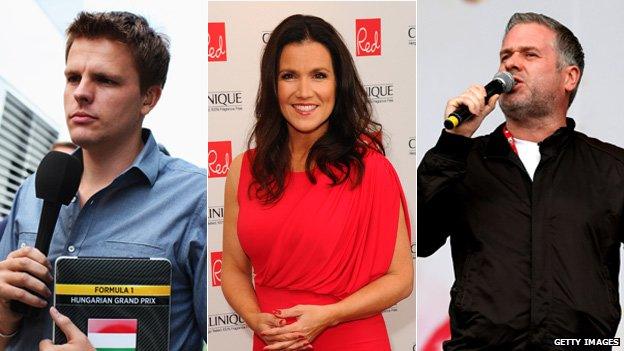
Jake Humphrey, Susanna Reid and Chris Moyles have all left the BBC since the last report in 2008
The BBC has spent 29% less on stars earning more than £100,000 a year over the past five years, an independent review has revealed.
Overall spending on talent - those with an on-air or on-screen presence - was down 15%, from £221m to £188m.
The review said the BBC had made "vast improvements" in managing talent pay.
But it also made some recommendations, including improving monitoring of diversity of talent and improving use of data on the deals it makes.
The Oliver & Ohlbaum review concluded the BBC's savings were down to a more relaxed approach to exclusivity, learning to let top stars leave and paying less.
Presenters were also producing more output on different programmes for the same level of pay.
The review pointed out while household names such as Jake Humphrey, Susanna Reid and Chris Moyles had left the corporation, the BBC had still "maintained the quality of output for licence fee payers".
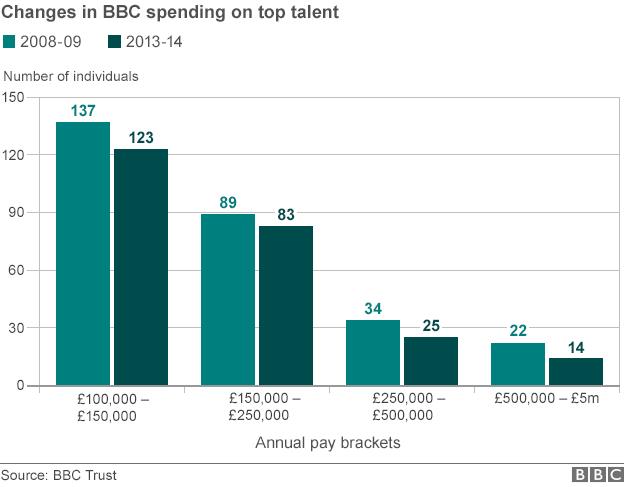
The BBC has received criticism in the past over the amount it pays its on-air talent.
Jonathan Ross, whose former BBC salary was reported to be in the region of £6m, has also left since the Trust's last review was published in 2008.
The review also said the reduction in spend came against a backdrop of increasing competition in the talent market, which has led to top talent costs increasing across the industry.
On Wednesday, BBC Trust chair Rona Fairhead highlighted the review in a speech to the Oxford Media Convention.
"Today's report shows that the BBC has made great strides in reducing talent costs, and it's clear this has been achieved without affecting quality," she said.
"The report also points to increasing competitive and inflationary pressures in the market. To counter that pressure, the BBC needs to build on its progress - so that it does more to develop new talent, can demonstrate optimum value in its deals and knows when to walk away."
However, the report said the BBC needs to pay more attention to "what it gets for the money it pays" and should "apply more pressure to ensure that the BBC gets the best possible deal".
Developing talent
It also warned the BBC needs to develop a more structured approach to talent development or face an exodus, revealing that 45% of ITV's current stars made their first appearance on the BBC.
Oliver & Ohlbaum said the organisation should do more to look after its lower-paid actors and presenters, who are "feeling the squeeze" because their pay has stayed largely static for the last five years.
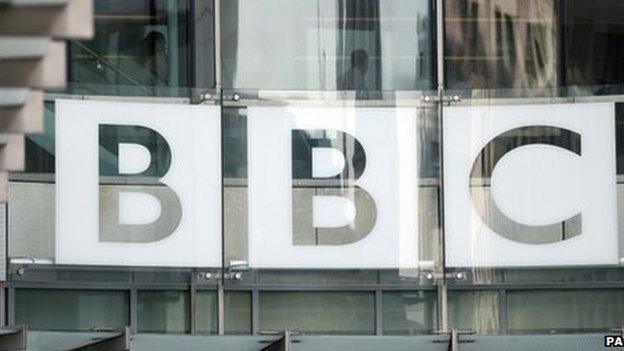
The BBC Trust last reviewed on-air talent salaries in 2008-09
The last major review into talent pay at the BBC in 2008 again suggested there was some room for improvement in the BBC's practices.
In 2009, a brief follow-up review found good progress had been made.
Last year the BBC executive introduced a cap on talent spend, which can now only account for up to 16% of the corporation's in-house programming budget.
According to last year's BBC annual report, 250 performers and presenters earned more than £100,000, including 14 with salaries between £500,000 and £5m.
The chairman of the culture, media and sport select committee, John Whittingdale MP, was not available for comment at the time of writing.
- Published8 July 2014
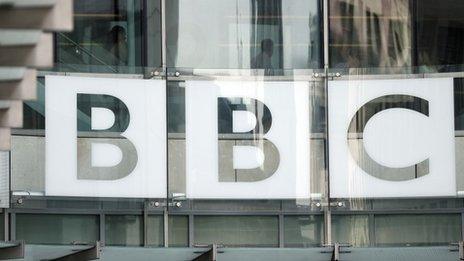
- Published15 April 2014

- Published16 July 2012
